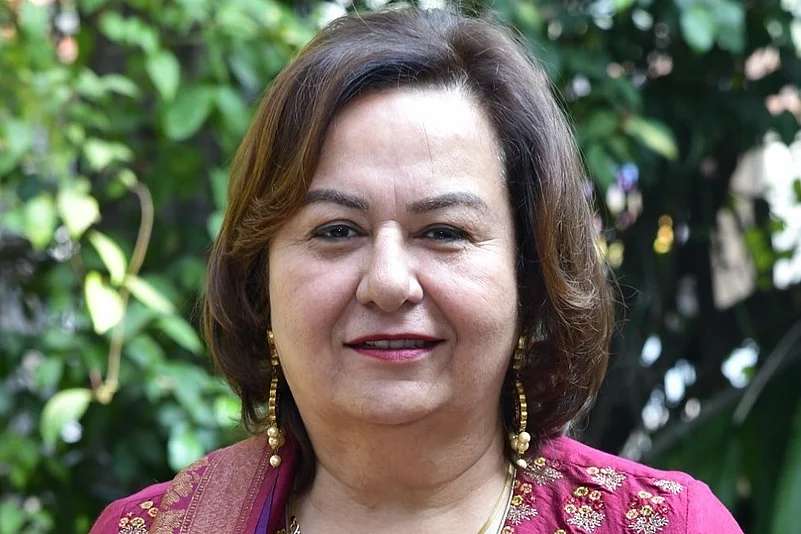The release of ‘Tandav’ on OTT platform, faced a lot of backlash for hurting Hindu sentiments. Once again, it brought back the focus on the issue of censorship and how it affects artistic expression.
Senior Advocate Pinky Anand speaks to Outlook’s Lachmi Deb Roy on the censorship of OTT platforms and why it shouldn’t be treated any differently than motion pictures. She feels that censorship does not mean that filmmakers get the short end of the stick and that in a society, the desire for artistic expression has to reconcile with the similar rights of others. Excerpts:
Q) Should there be censorship for OTT platforms?
Advertisement
India is a land of contradictions, ethnic and linguistic diversities and multi-culturalism and as such, regulation of televised content has always been important. There is no reason why televised content, films etc. available on the OTT platforms be treated any differently than the motion pictures that are governed by the Cinematograph Act of 1952. Only the medium of the exhibition is different. News broadcast on cable TV and the similar medium is subject to the regulatory mechanism, then why should news telecasts on OTT be exempted.
Q) Does self-censorship work?
Absence of censorship has been grossly misused in the name of creative expression on digital platforms. OTT platforms are profit-driven and provide access to content by charging a subscription fee. In such a scenario, absolute self-regulation will be far from being satisfactory. The Supreme Court sought the centre's response on a Public Interest Litigation (PIL) last month seeking regulation of OTT platforms by an autonomous body. In my view, an autonomous regulatory body like the Press Council of India will be the most acceptable model, which can frame guidelines, receive complaints against content and yet leave enough play in the joints for artistic expression.
Advertisement
Q) Is it right to force filmmakers to change or delete scenes from their work? Doesn't it infringe on the right to freedom of expression?
Artistic expression is a fundamental right under the Constitution of India, being a part of freedom of speech and expression but it is not absolute and is subject to the limitations imposed by the Constitution and laws made in this respect. A filmmaker’s right to display his work of art is subject to the same limitations and cannot be put on any higher pedestal. Therefore, public order, decency, morality etc. are the touchstone for judging whether a work of art can or cannot be publicly aired or displayed. At the same time, the restrictions have to be judged from the standards of a reasonable man and not from the standards of a hypersensitive person. It’s the balance between the two which is vital.
Q) Doesn't it leave filmmakers at the mercy of some fringe groups?
The incidents of fringe groups dictating terms to filmmakers where there is no perceptible transgression of the restrictions imposed by the constitution cannot be tolerated in a democratic society. However, censorship does not mean that filmmakers get the short end of the stick. In a society, the desire for artistic expression has to reconcile with the similar rights of others.




















